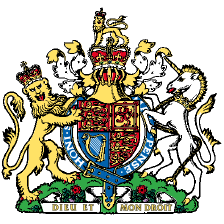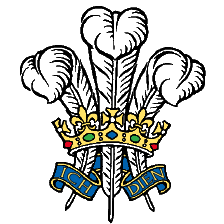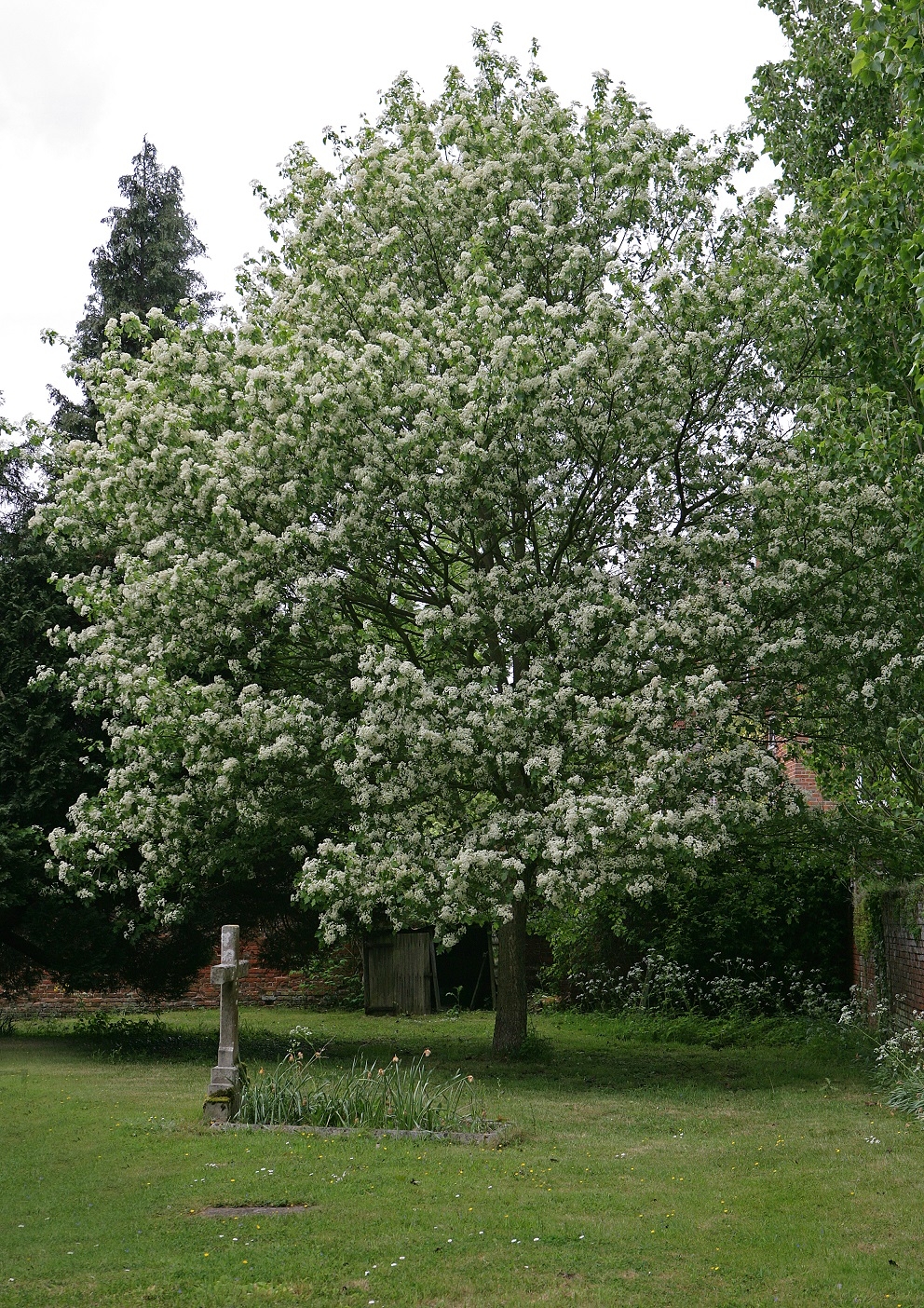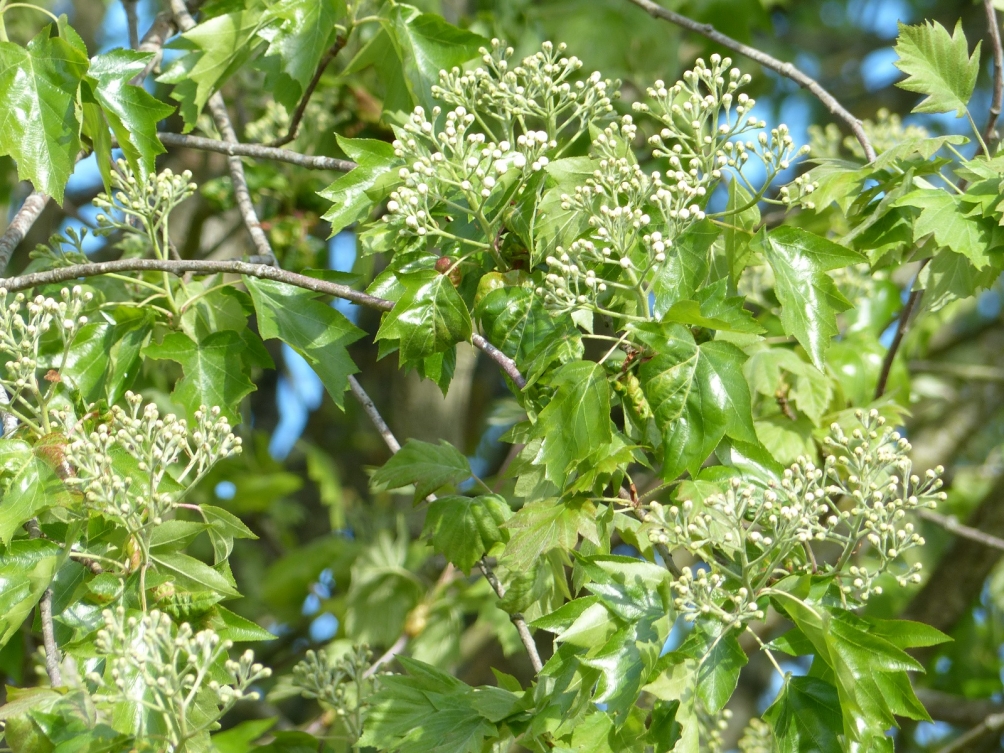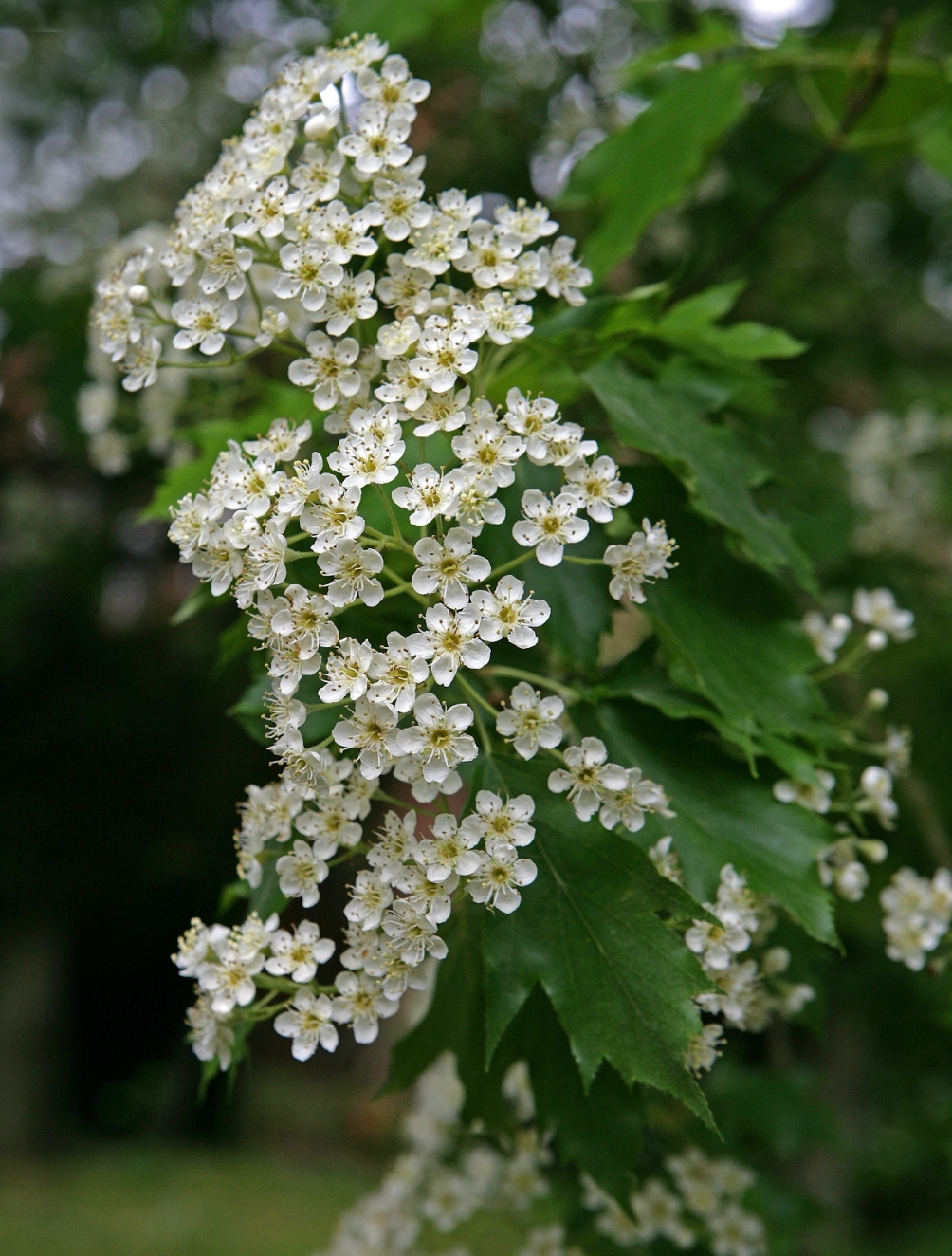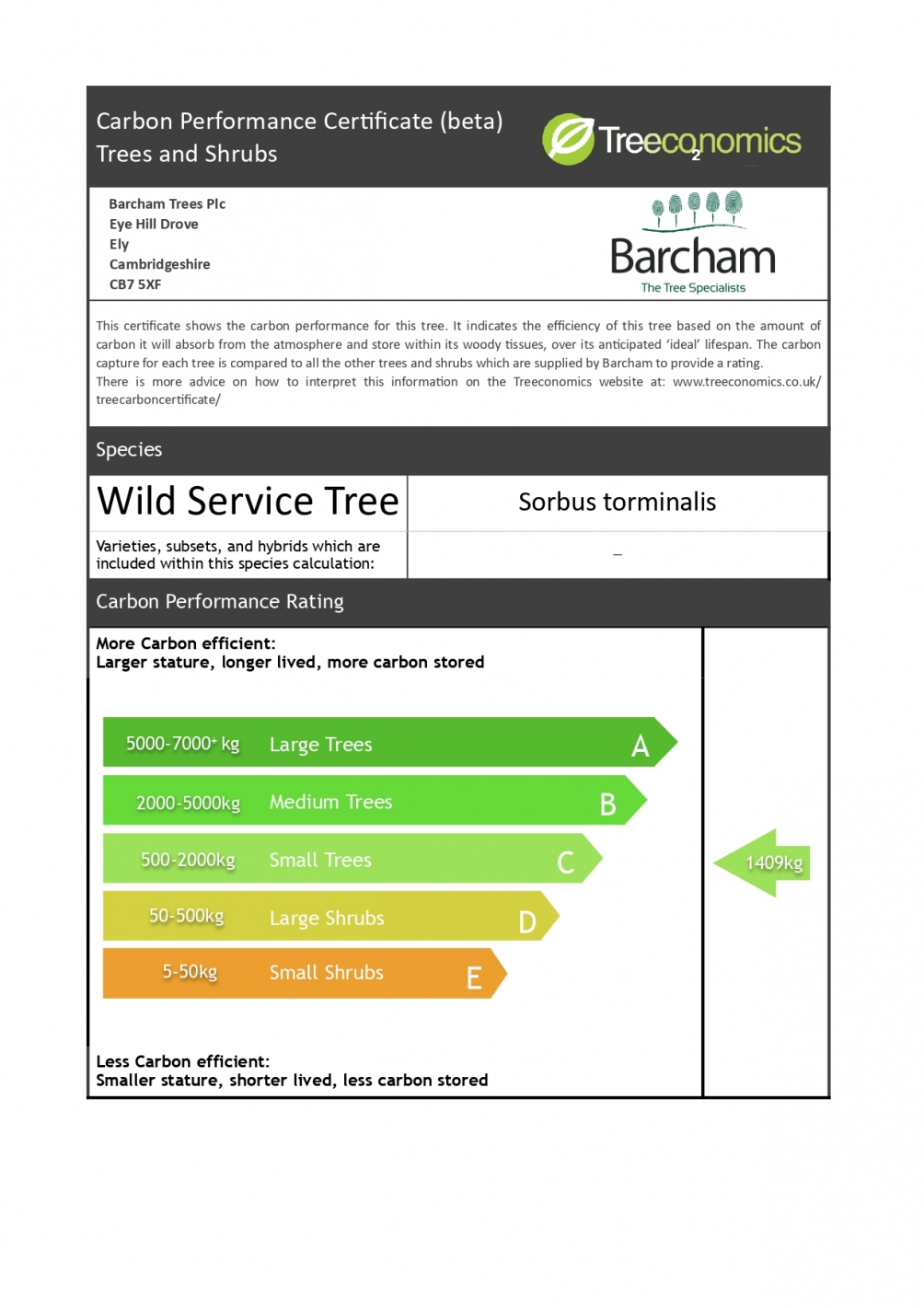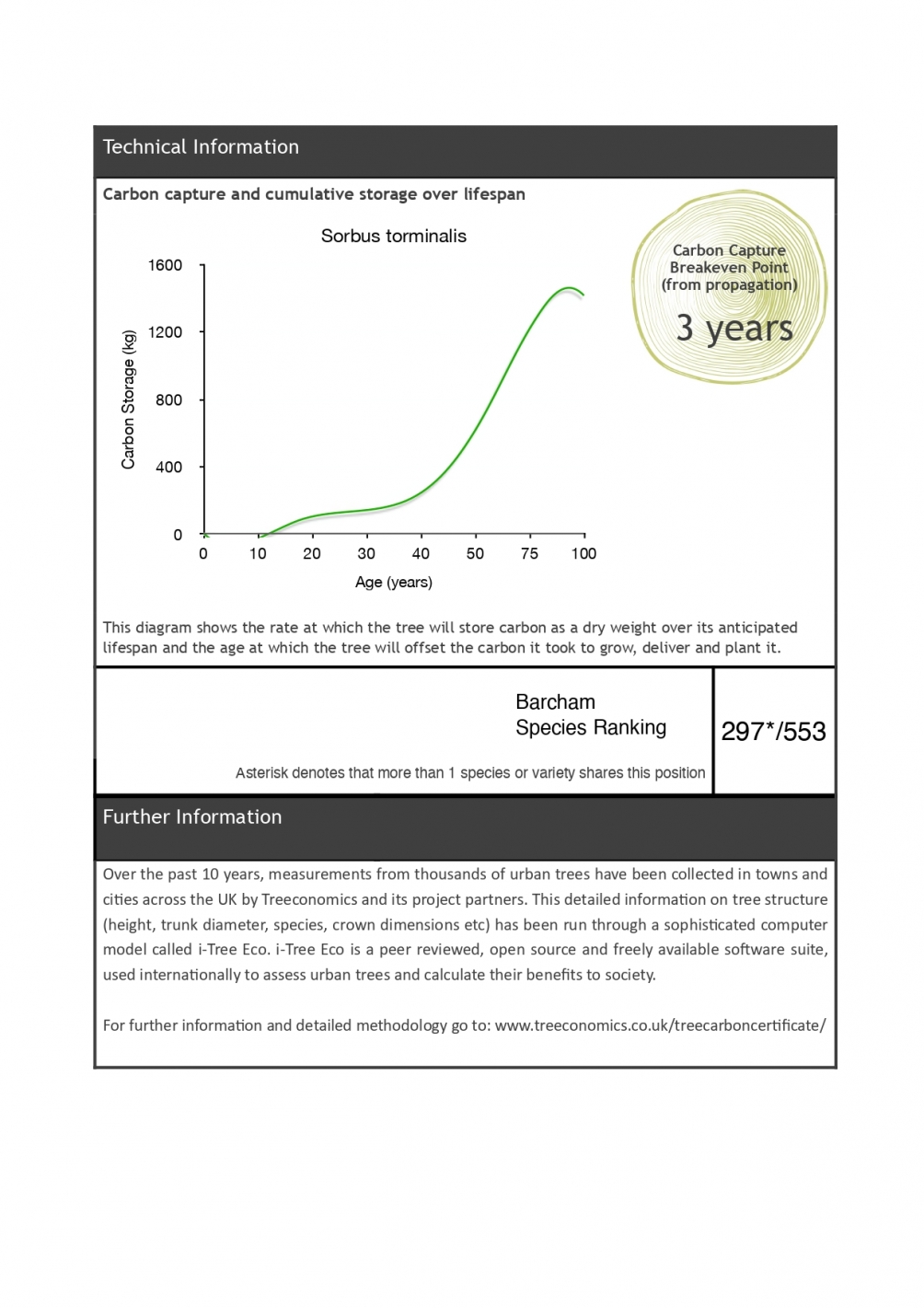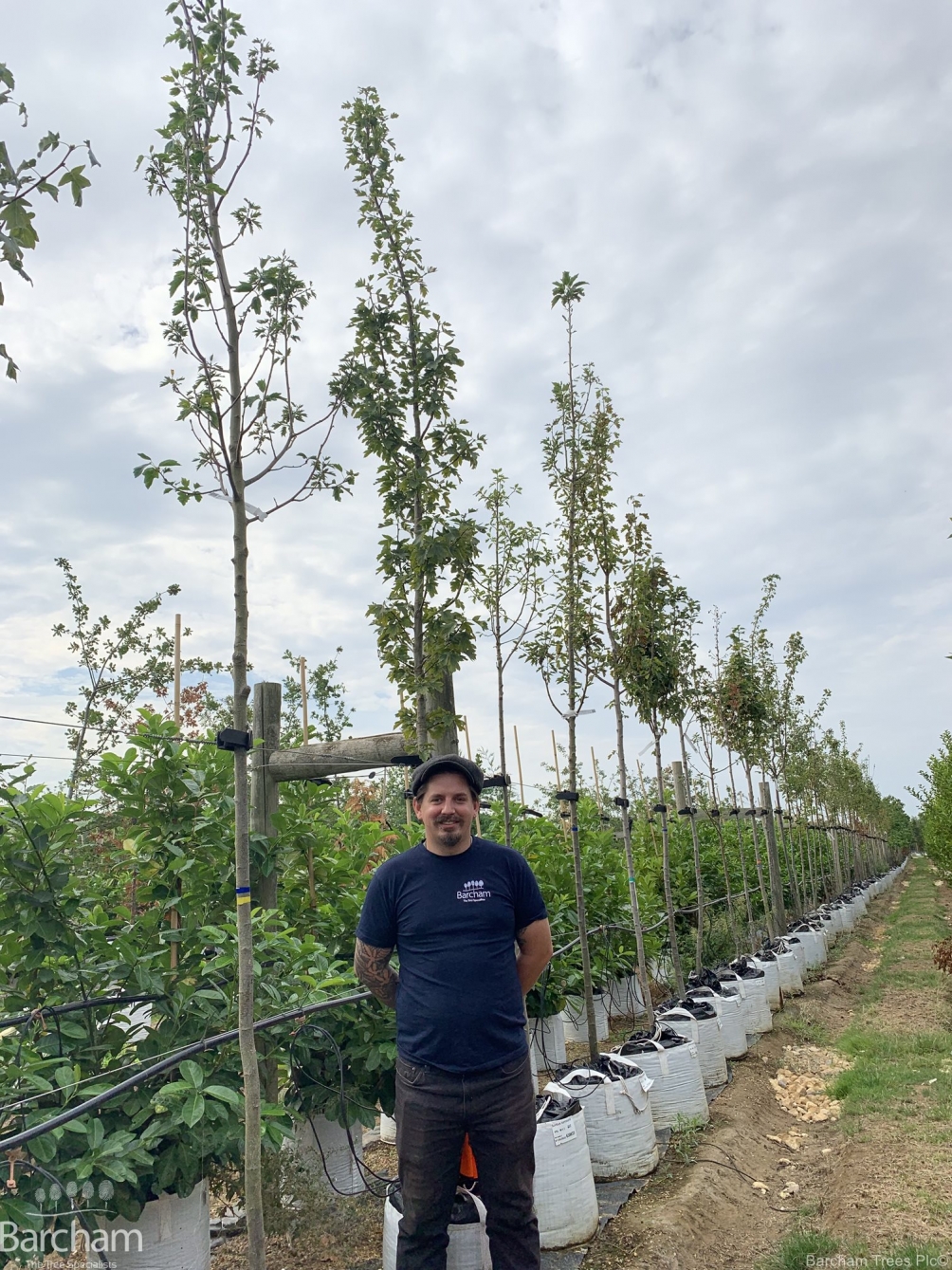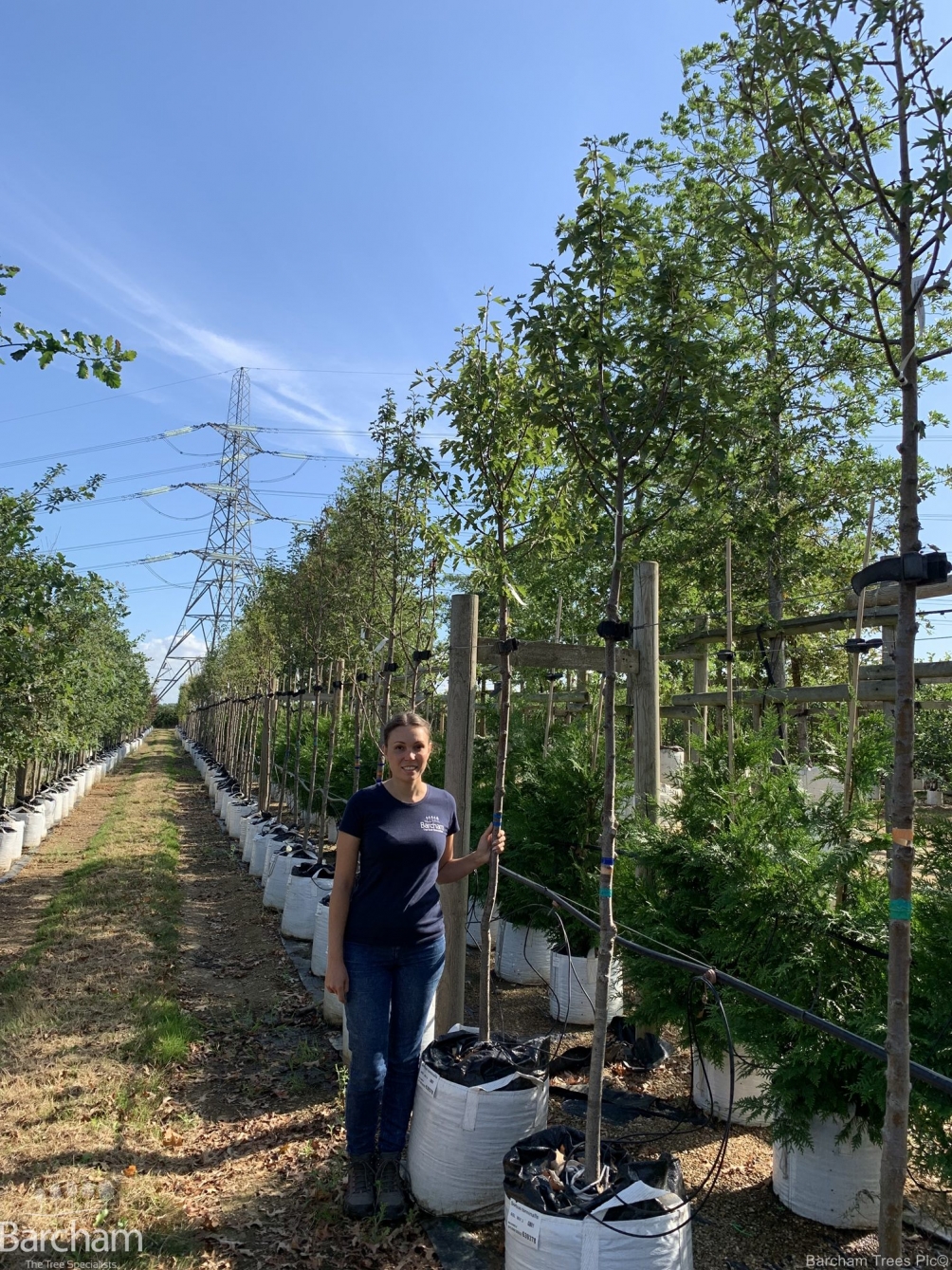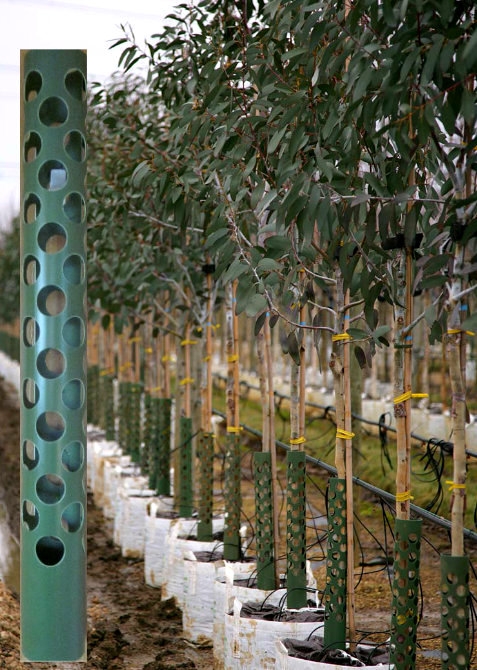Sorbus torminalis
Wild Service Tree
Sorbus torminalis is a difficult tree to transplant as bare rooted or rootballed because it is coarse rooted so it is only worth planting as an established containerised tree to insure success.
Read more about this productProduct details
The fruits of the Wild Service Tree, which are very sharp but edible when over-ripe, used to be sold as “chequers” in southern England, giving rise to its alternative name of Chequer Tree and the corresponding numbers of pubs taking the same name.
The name ‘Chequer’ is also used to describe the pattern of its bark.
This medium native tree is columnar when young, but becomes more rounded as it ages. Its dark brown, fissured bark bears grey scales.
Perfect for woodlands, it thrives best under the dappled shade of others and does not react favourably to hot urban areas prone to reflected heat and light. Its attractive green lobed leaves turn a lovely orange / yellow in autumn
If you live in an area prone to rabbits or deer then we recommend rabbit guards for these trees.
Mature height; 7-12m
Mature spread: 4-6m
The name ‘Chequer’ is also used to describe the pattern of its bark.
This medium native tree is columnar when young, but becomes more rounded as it ages. Its dark brown, fissured bark bears grey scales.
Perfect for woodlands, it thrives best under the dappled shade of others and does not react favourably to hot urban areas prone to reflected heat and light. Its attractive green lobed leaves turn a lovely orange / yellow in autumn
If you live in an area prone to rabbits or deer then we recommend rabbit guards for these trees.
Mature height; 7-12m
Mature spread: 4-6m
Tree Specifications
Common names
Wild Service Tree
Mature size
Tree type
Soil type
Shape
Tree features
Growth rate
Tolerances
Seasons of interest
Tree uses

